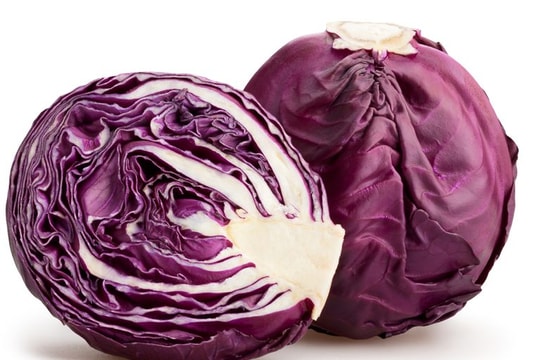Surprised by the benefits of cabbage
Half a cooked head of cabbage has about a third of the vitamin C your body needs for the day. It also provides fiber, folate, potassium, magnesium, vitamins A and K, and more.
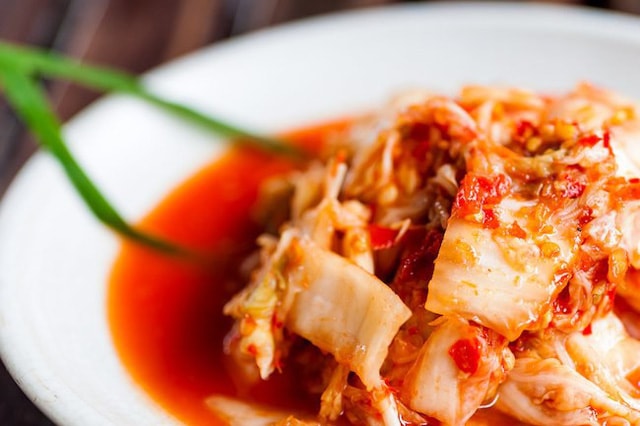
You can salt cabbage - and it's healthier
Just leave the cabbage in its own water until the bacteria start to grow. Sounds weird? But you've probably had it before. It's called sauerkraut. A spicier, fancier version is kimchi, a popular Korean dish.
When cabbage ferments, it creates a natural probiotic that feeds the bacteria in your gut. These bacteria help your body fight germs, absorb nutrients, digest food, and control anxiety.
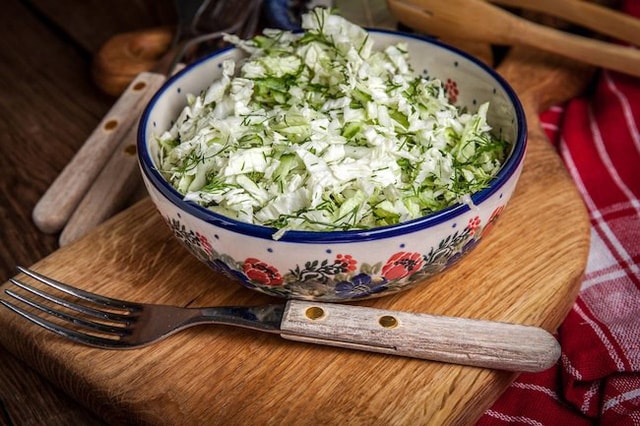
Even when eaten raw, cabbage is very good.
While you get different nutrients from cooked or pickled cabbage, raw red cabbage can be the best nutritional boost per serving. Slice it thinly and let it sit for about 10 minutes to let its full flavor come out. Then toss it into salads, add it to sandwiches, or make it into a salad.
Contains many antioxidants
You'll get a decent amount of well-known micronutrients like vitamin C and manganese. But cabbage really shines when it comes to its phytonutrients, its cell-protecting army.
Has anti-inflammatory effects
Cabbage is rich in substances that help reduce swelling in tissues. This helps protect the body from other health problems because inflammation is linked to many diseases such as cancer, heart disease, diabetes and Alzheimer's.
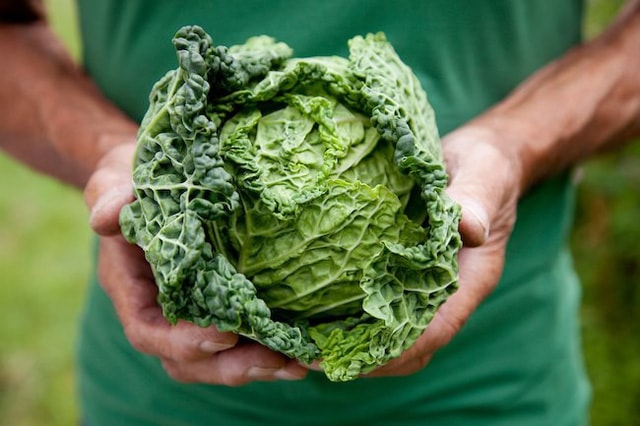
Good for digestion
Cabbage contains 1g of fiber for every 10 calories. This helps keep you full, so you eat less and go to the bathroom more regularly. Cabbage can help lower “bad” (LDL) cholesterol and control blood sugar.
Cabbage also contains nutrients that help keep the lining of your stomach and intestines healthy. Cabbage juice can help heal stomach ulcers.
Good for the heart
Cabbage, especially red cabbage, appears to boost levels of beta-carotene, lutein, and other heart-protective antioxidants. It also helps reduce a substance called “oxidized” LDL, which is linked to hardening of the arteries. And because cabbage reduces inflammation, it may help prevent heart disease.
Helps prevent cancer
Some studies suggest that cabbage may help prevent certain types of cancer. This belief stems in part from its antioxidant and anti-inflammatory properties. It is also due to a group of compounds called glucosinolates, special sulfur-containing compounds that the body turns into cancer-fighting weapons.
It is also found in other vegetables, including kale, collard greens, broccoli, Brussels sprouts and cauliflower.
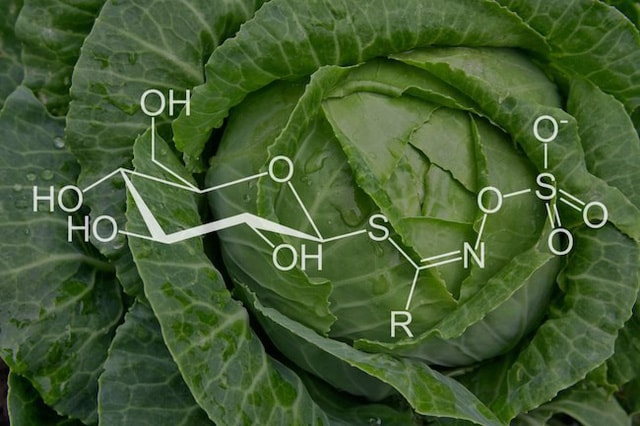
Helps prevent type 2 diabetes
A recent study found that a diet rich in cabbage was linked to a reduced risk of type 2 diabetes. Those who most closely followed the Nordic diet, which includes lots of vegetables, fish, apples, pears, oats and rye bread, were up to 38% less likely to develop the disease.
Flexible
Both literally – you can use cabbage leaves to make wraps – and figuratively, because there are so many ways to prepare cabbage. You can steam it, boil it, stir-fry it, sauté it, and grill it. Slice it raw and use it in salads and other mixed dishes. It's a great way to add nutrition when you're looking to cut down on carbs and calories.
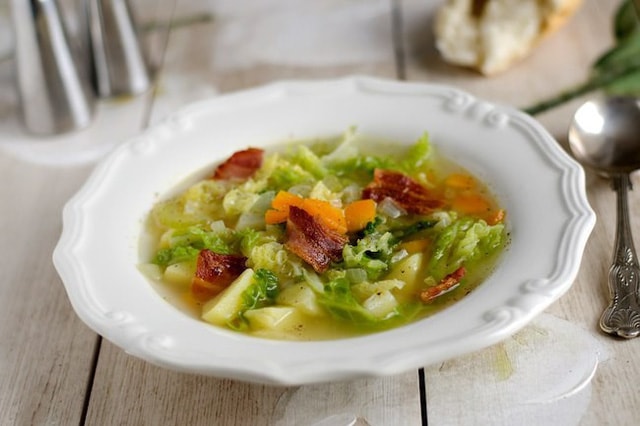
Affordable
Fresh cabbage is one of the cheapest vegetables around, which means everyone can enjoy sauerkraut, kimchi, and cabbage salad.



